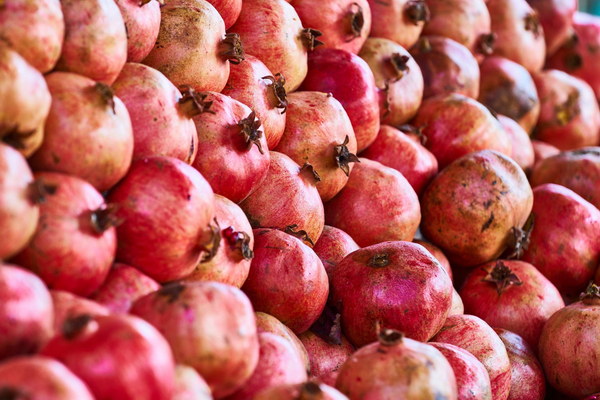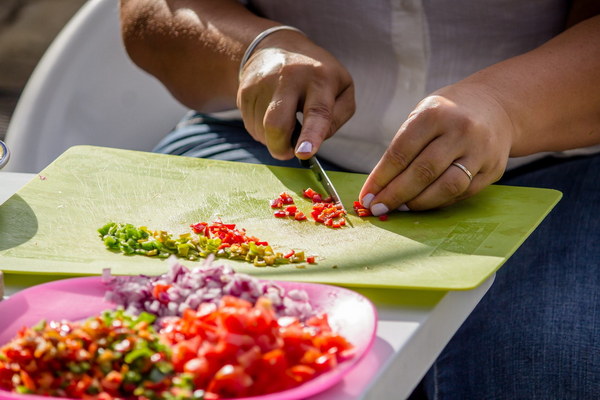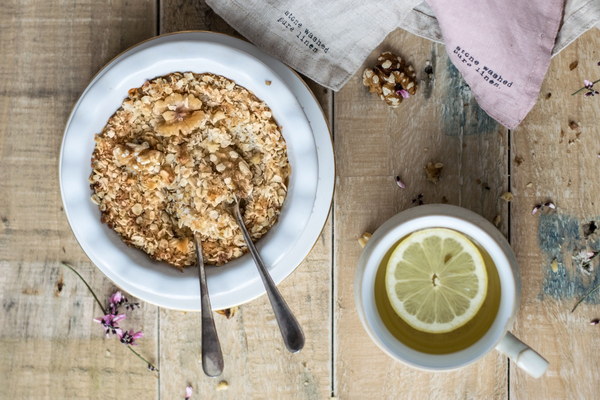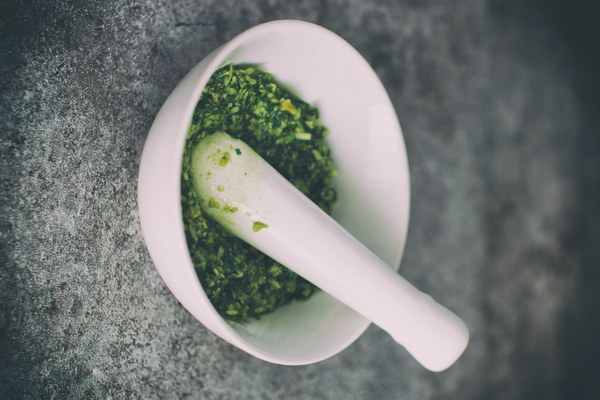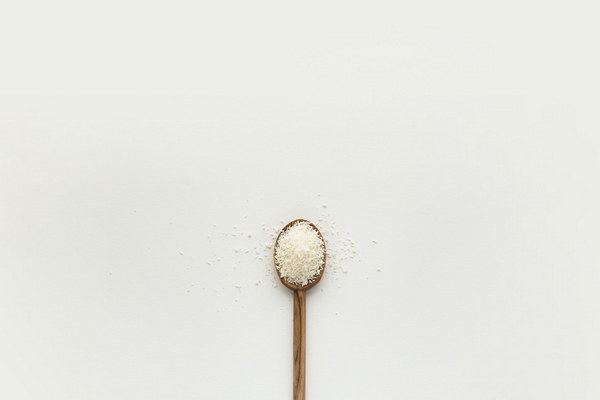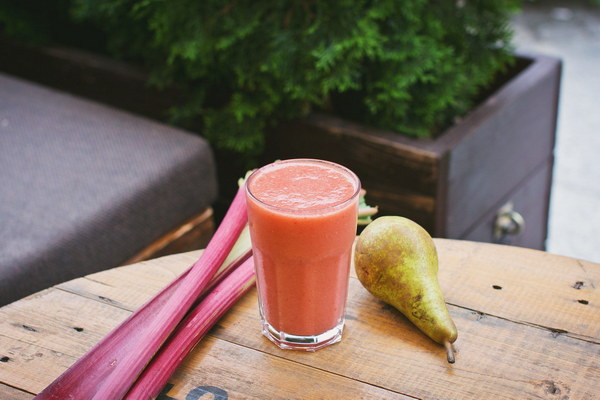Heart-Healthy Diet Nourishing Your Way to Arteriosclerosis Prevention
Arteriosclerosis, commonly known as hardening of the arteries, is a condition where the arteries become stiff and narrow due to the buildup of plaques, which are made of cholesterol, fat, calcium, and other substances. This condition can lead to serious health problems such as heart attack, stroke, and peripheral artery disease. While medication and lifestyle changes can help manage the condition, dietary modifications play a significant role in preventing and managing arteriosclerosis. This article will explore heart-healthy foods and dietary practices that can help you nourish your way to arteriosclerosis prevention.
1. Increase Your Intake of Omega-3 Fatty Acids
Omega-3 fatty acids are known for their anti-inflammatory properties and have been shown to reduce the risk of heart disease. Foods rich in omega-3s include fatty fish such as salmon, mackerel, sardines, and trout. Additionally, plant-based sources like flaxseeds, chia seeds, walnuts, and hemp seeds are also excellent sources of omega-3s.
2. Consume plenty of fruits and vegetables
Fruits and vegetables are packed with essential nutrients, antioxidants, and fiber that help reduce the risk of arteriosclerosis. Aim to consume at least 5-9 servings of fruits and vegetables per day. Some fruits and vegetables particularly beneficial for heart health include berries, apples, oranges, leafy greens, carrots, and cruciferous vegetables like broccoli and cauliflower.
3. Incorporate Whole Grains into Your Diet
Whole grains are rich in fiber, vitamins, and minerals that can help lower cholesterol levels and reduce the risk of heart disease. Opt for whole grains such as brown rice, quinoa, oatmeal, barley, and whole-wheat bread instead of refined grains like white bread and pasta.
4. Limit Saturated and Trans Fats
Saturated and trans fats are known to raise cholesterol levels and increase the risk of heart disease. Limit your intake of fried foods, baked goods, and processed snacks, which are often high in these unhealthy fats. Instead, choose healthier fat sources like olive oil, avocados, and nuts.
5. Consume Plant Sterols and Stanols
Plant sterols and stanols are naturally occurring compounds found in plants that can help block the absorption of cholesterol in the intestines. Foods fortified with plant sterols and stanols include margarine, orange juice, and certain breakfast cereals.
6. Control Your Blood Pressure and Cholesterol Levels
Maintaining healthy blood pressure and cholesterol levels is crucial for preventing arteriosclerosis. Consume foods that are low in sodium and high in potassium, such as bananas, oranges, leafy greens, and tomatoes. Foods high in soluble fiber, like oats, beans, and apples, can also help lower cholesterol levels.
7. Stay Hydrated
Drinking plenty of water is essential for maintaining healthy blood pressure and supporting overall heart health. Aim for at least 8-10 glasses of water per day.
8. Limit Alcohol and Quit Smoking

Excessive alcohol consumption and smoking are both risk factors for arteriosclerosis. Limit your alcohol intake to moderate levels, and if you smoke, seek help to quit.
In conclusion, adopting a heart-healthy diet can significantly reduce your risk of arteriosclerosis and its associated complications. By incorporating a variety of nutrient-dense foods into your daily meals and making mindful dietary choices, you can nourish your way to a healthier heart and a reduced risk of arteriosclerosis. Always consult with a healthcare professional or a registered dietitian before making significant changes to your diet.
